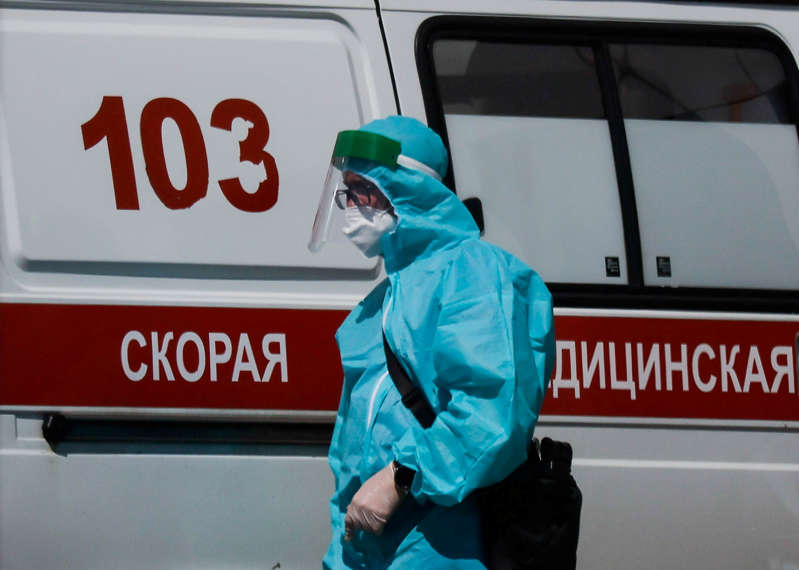Russian virologist, Moscow State University professor, Doctor of Biological Sciences Alexei Agranovsky and infectious disease specialist, Doctor of Medical Sciences Nikolai Malyshev, in an interview with RBC, assessed how herd immunity affects the spread of COVID-19.
According to Agranovsky, in countries with a high percentage of vaccinated and formed herd immunity, severe and fatal cases of coronavirus have significantly decreased. The scientist stressed that the increase in the number of infected can only be due to new, more infectious strains. Moreover, in such cases, vaccinated patients tolerate the infection more easily.
“Herd immunity is still relevant, and the unvaccinated should be vaccinated first, with the most effective vaccines,” said Agranovsky, adding that revaccination becomes a common matter when 60-70 percent are vaccinated and it is necessary to maintain the achieved herd immunity.
At the same time, Malyshev believes that it is not worth saying that herd immunity will not protect against outbreaks of the disease. As an example, he cited diphtheria or measles, which could only be stopped thanks to vaccination.
Earlier, the chief freelance specialist of the Ministry of Health of Russia for medical prevention in the Ural Federal District, Doctor of Medical Sciences Sergei Tokarev explained why in countries where the vaccination campaign was successfully completed and herd immunity was formed, the number of cases of coronavirus infection continues to grow. According to him, this happens after a decrease in immunity after a while.

